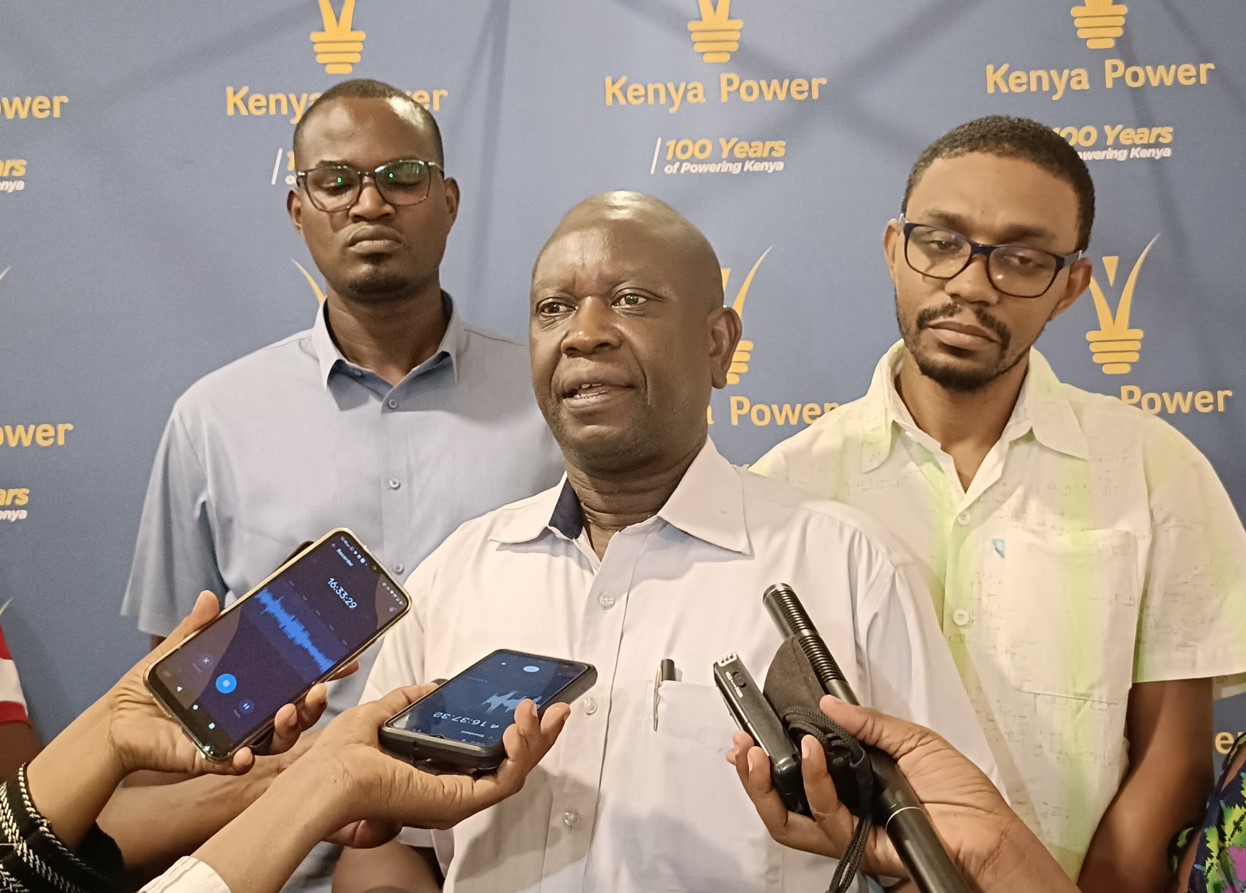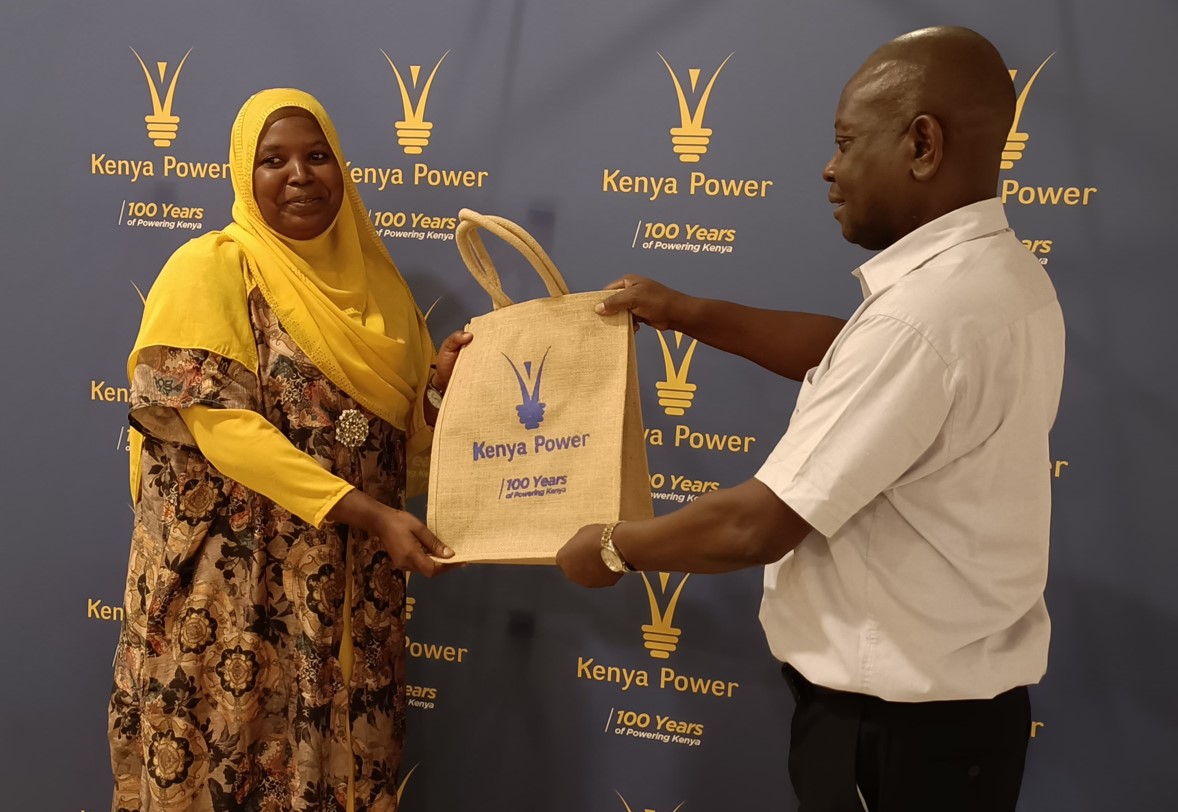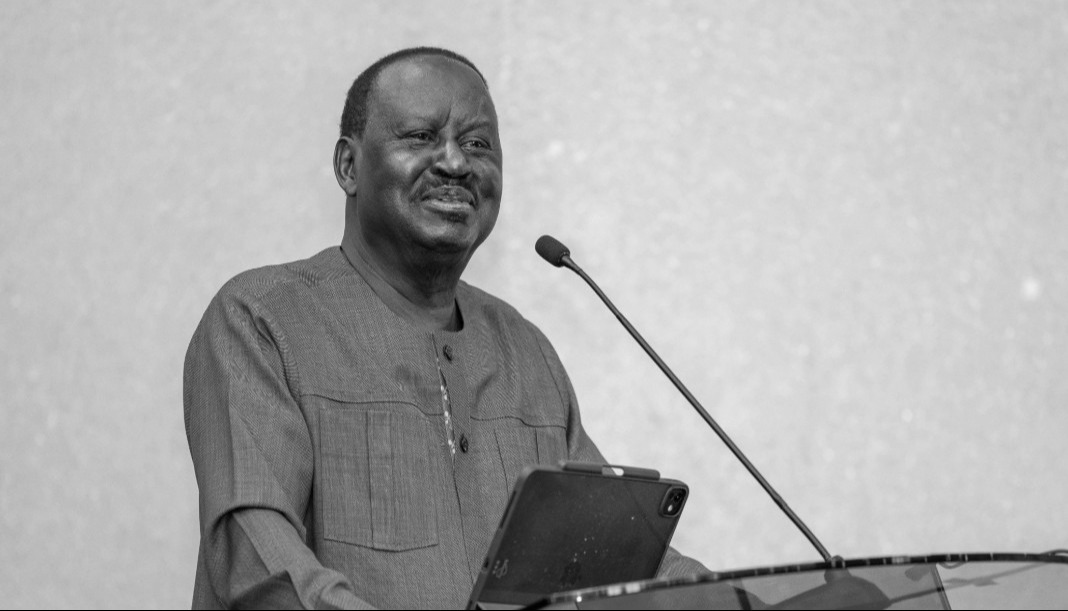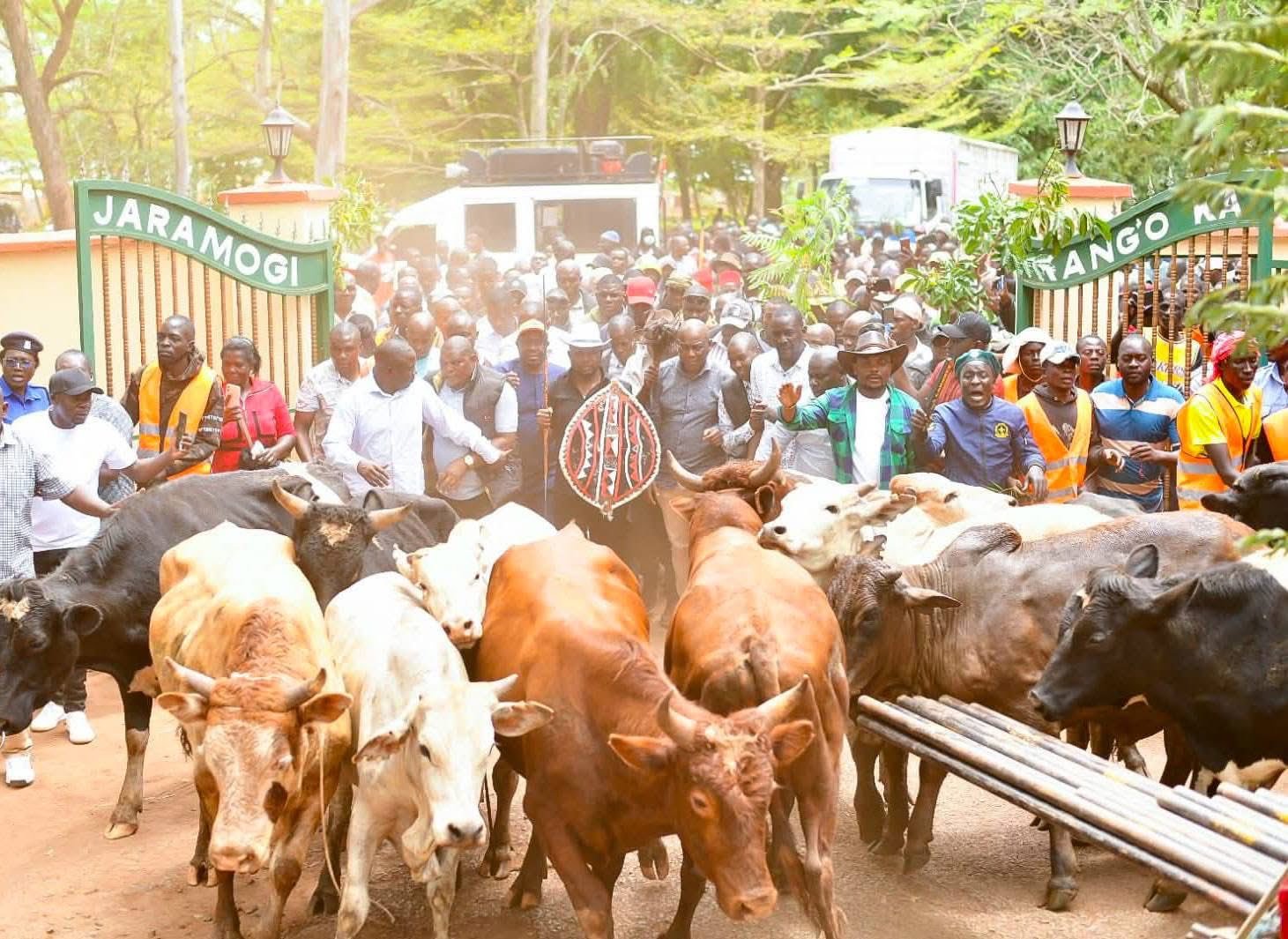Kwale locals want KPLC to prioritise resolving blackouts over e-cooking promotions

KPLC is seeking to promote the adoption of e-cooking among its close to 10 million customers (households), but many Kenyans view electricity use as an expensive cooking alternative.
Kenya Power's push for Kenyans to embrace electric cooking to conserve the environment has sparked a debate among the residents of Kwale County, with some saying the company should focus on steadying supply and reducing the prices of tokens.
This comes as the Kenya Power and Lighting Company (KPLC) continues to receive complaints from the public about the high cost of electricity and frequent power outages.
More To Read
- Kenya Power profit falls to Sh24.5 billion despite higher electricity sales
- MPs propose capping power purchase prices at Sh9/kWh to curb soaring bills
- Kenya records five-year peak in electricity demand amid shift to renewable energy
- Africa’s 2030 electrification mission surges, connecting 30 million in first year
- 62 workers sue GDC over allowances as company pushes for case dismissal
- Kenya Power urges consumers to buy tokens early ahead of M-Pesa system upgrade
In efforts to conserve the environment and reduce costs, KPLC's Coast region manager, Phineas Marete, has announced an initiative that will enable consumers to use clean energy to prepare their meals.
KPLC is seeking to promote the adoption of e-cooking among its close to 10 million customers (households), but many Kenyans view electricity use as an expensive cooking alternative.
"Such a shift can only apply in developed countries, not in Kenya, where we can go even three days without electricity," said resident Benson Kituku.
Kituku added that KPLC has priorities besides e-cooking where the improvement of services is concerned.
Resident June Mangale said Kenya Power has to lower costs before introducing this and other initiatives.
"How many units can one purchase to be able to light the house and cook? At the moment, Sh1000 units do not last even a week," she said.
Pauline Mwambeyu, also a local, advised the company to address the rampant power outages in the country first.
"Many people are shifting to solar power because of how unreliable KPLC is. Imagine the power going off as you cook," she said.
 Kenya Power's Coast region manager, Phineas Marete (C), during a forum with Kwale County-based journalists on March 24, 2024. (Photo: Mishi Gongo)
Kenya Power's Coast region manager, Phineas Marete (C), during a forum with Kwale County-based journalists on March 24, 2024. (Photo: Mishi Gongo)
Lack of awareness
In his address on the e-cooking drive, Marete noted that a lack of awareness and the outright rejection of new forms of cooking among the majority of Kenyans were significant barriers to e-cooking.
A survey by the Kenya Renewable Energy Association (KEREA) in 2022 showed it was cheaper to cook using electricity than gas.
Marete acknowledged that the lack of a reliable power supply once posed a challenge to e-cooking but said most parts of the country, besides major cities like Nairobi, Mombasa, Kisumu and Nakuru, are now connected to the national grid.
"KPLC is now setting up mini-grids and upgrading existing ones to provide additional capacity as a possible way to address both the electrification and the clean cooking challenges," he said on Friday at a forum organised by the power utility firm for Kwale-based journalists.
He added that the e-cooking campaign also seeks to provide task-specific appliances such as cooking tops, pressure cookers, electric rice cookers, kettles, and microwaves for the public to purchase.
Marete further noted that middle-class households often own these task-specific e-cooking appliances but rely on liquefied petroleum gas for the bulk of their cooking.
"Recent studies have shown an enormous untapped potential for e-cooking in the country," he said, hence their partnership with stakeholders to drive the uptake of e-cooking across the country and reduce the use of wood and gas.
"Kenya Power aims to raise awareness of e-cooking for increased uptake among its customers," Marete told the journalists, citing benefits including reduced fuel costs, a positive environmental impact and improved health.
"E-cooking has many benefits, like improved indoor air quality and reduced greenhouse gas emissions," he said, adding that it is cleaner and easier in the long run.
According to a survey conducted by the power supply company, an average of one per cent of electricity customers use the service to cook, as the majority primarily rely on wood fuel and gas.
KPLC wants to increase uptake, both domestically and commercially, from approximately 90,000 to at least 500,000 users in three years, via strategies including campaigns across the country.
Smart prepaid metres
Marete also announced that KPLC would be rolling out smart prepaid metres to businesspeople in the small and medium enterprise (SME) sector to curb high rates of non-payment.
He said the use of these metres enables customers, especially those in the SME class, to pay for the exact amount of energy consumed.
Kenya Power aims to supply at least 10,000 local businesses and households in the coastal region with these metre boxes, which Marete described as a "game-changer" that will "revitalise the electricity sector".
"Smart metres are part of the advanced metering infrastructure that will facilitate two-way communication between KPLC and its customers," he said, adding that it will enhance customer satisfaction.
"The process of issuing smart metres for customers who applied for the e-cooking is in top gear and we are determined to ensure value for the money the customers pay for electricity," he said, urging those who receive bills to pay promptly.
Top Stories Today













































